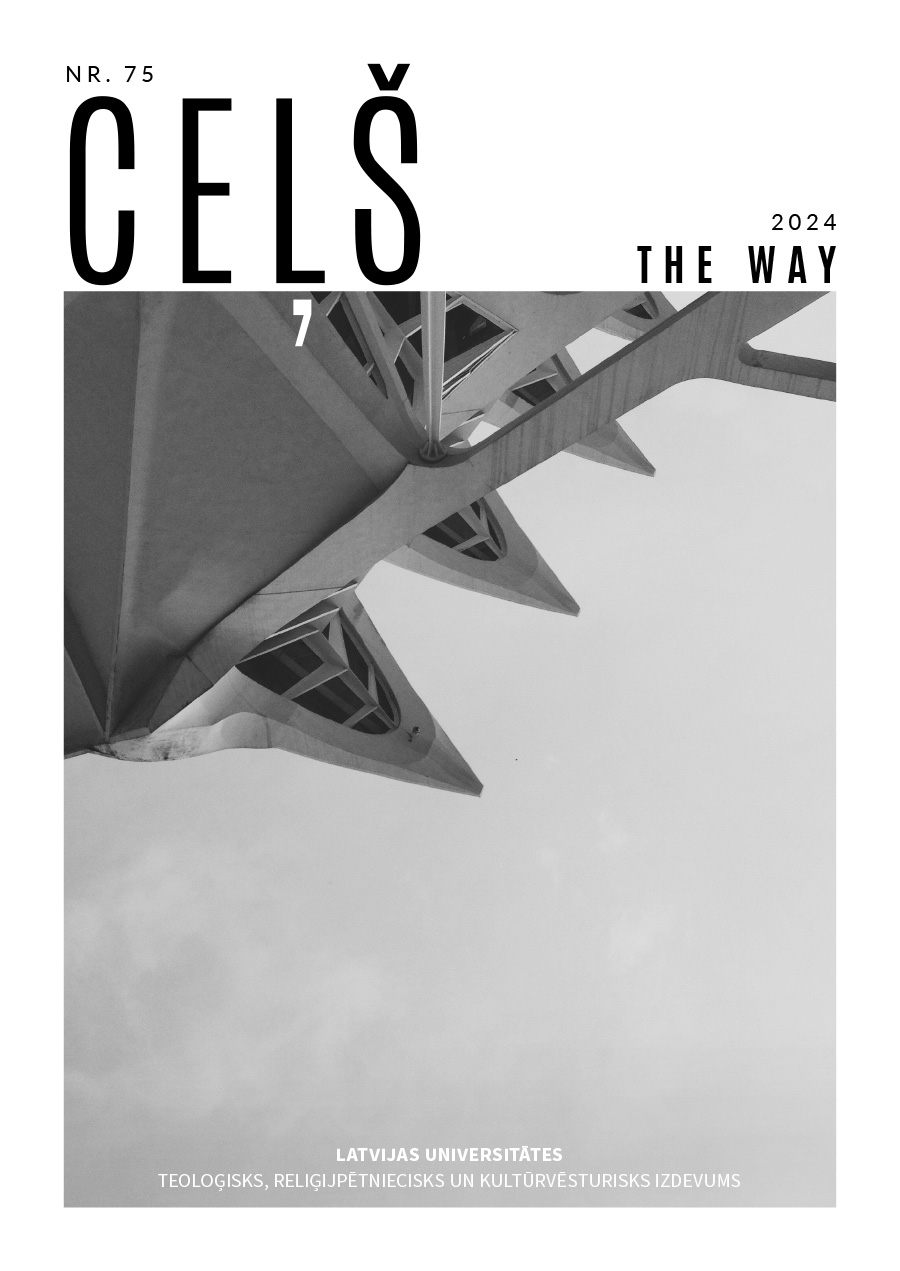“The Simulation Hypothesis” – Can It Be Theologised?
DOI:
https://doi.org/10.22364/cl.75.09Keywords:
simulācijas hipotēze, simulācijas arguments, simulācijas teoloģija, dabiskais Dievs, digitālā nemirstībaAbstract
This paper introduces readers to the intricacies of the so-called “simulation hypothesis”, according to which our world and universe is a computer simulation run by a super-advanced civilization that may or may not be our own descendants – and then offers its theological interpretations distributed over several loci, covering 1) the concept of God, including the applicable divine attributes, rendered in a naturalistic manner; 2) theistic arguments, in particular, the cosmological argument and the teleological or design argument; 3) solutions to the problem of evil or theodicy; 4) bilateral divine-human communication, including revelation, miracles and prayer; and 5) eschatology and human transformation in afterlife. Associations with simulation will be made not only via heterodox theological interpretations. It will also be demonstrated that in the selected loci an orthodox theist can reconcile his/her beliefs with the simulation hypothesis. Needless to say, the author does not take the simulation hypothesis and ensuing theological interpretations to be ontologically true but just plays with ideas, thought experiments and logical possibilities – a customary practice in analytical philosophy of religion. It is not a metaphysical theology to be believed in, but rather a constructive, experimental theology, aligning theological thinking to current theories and trends, in this case, to the simulation hypothesis.
Downloads
Published
Issue
Section
License
Copyright (c) 2024 Normunds Titāns, Latvijas Universitāte

This work is licensed under a Creative Commons Attribution-NonCommercial 4.0 International License.
Authors as copyright holders are named in each issue. Authors are allowed to publish under a Creative Commons License.


